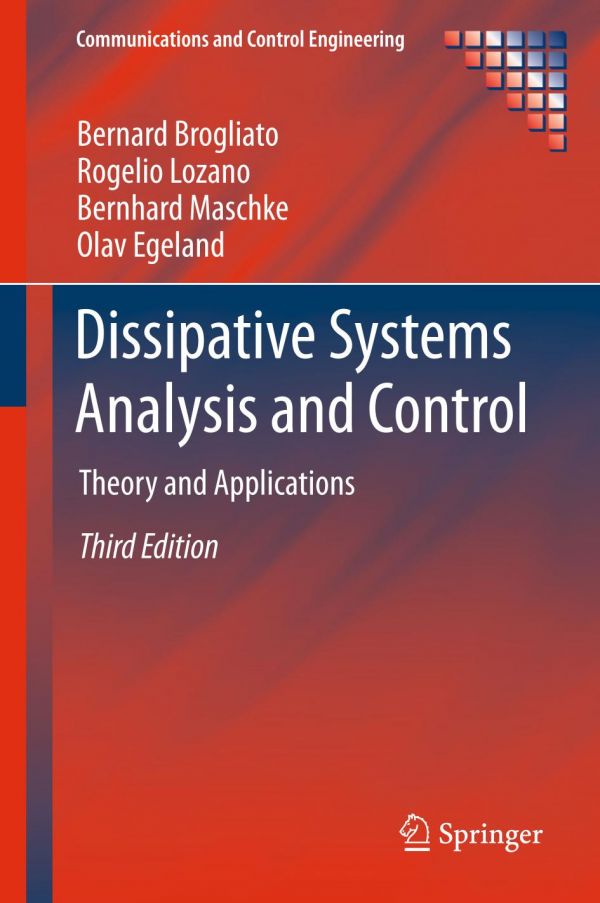

Most ebook files are in PDF format, so you can easily read them using various software such as Foxit Reader or directly on the Google Chrome browser.
Some ebook files are released by publishers in other formats such as .awz, .mobi, .epub, .fb2, etc. You may need to install specific software to read these formats on mobile/PC, such as Calibre.
Please read the tutorial at this link: https://ebookbell.com/faq
We offer FREE conversion to the popular formats you request; however, this may take some time. Therefore, right after payment, please email us, and we will try to provide the service as quickly as possible.
For some exceptional file formats or broken links (if any), please refrain from opening any disputes. Instead, email us first, and we will try to assist within a maximum of 6 hours.
EbookBell Team

0.0
0 reviewsThe third edition of the now standard Dissipative Systems Analysis and Control presents a revised and expanded treatment of dissipative systems theory, constituting a self-contained, advanced introduction for graduate students, researchers and practising engineers. It examines linear, nonlinear and nonsmooth systems, with many examples in each chapter; occasional infinite-dimensional examples are also included. Throughout, emphasis is placed on the use of the dissipative properties of a system for the design of stable and robust feedback control laws or state observers. The theory is substantiated by experimental results and by reference to its application in illustrative physical cases (Lagrangian systems, passivity-based and adaptive controllers are covered thoroughly).
The third edition is substantially updated to accommodate new material within the existing chapter structure. The additions include:
· the introduction of negative imaginary transfer functions;
· the design of stable state observers that use passivity as a tool for their stability analysis;· a new section on robust set-valued control of uncertain Lagrangian systems;
· extended section on discrete-time systems, especially the preservation of dissipativity after discretization;
. a thorough treatment of nonsmooth set-valued Lur'e systems well-posednees and stability;
. an extended chapter on the Kalman–Yakubovich–Popov Lemma; and
. over 1000 references.